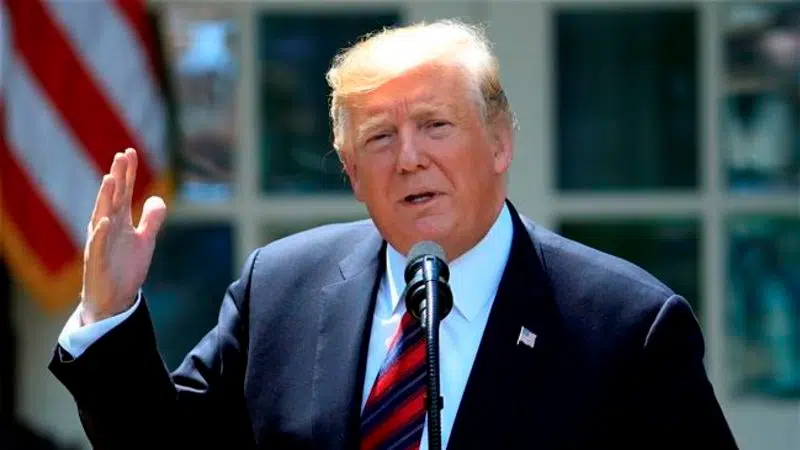
Weak legal case could still benefit Trump in Congress clash
WASHINGTON — For all President Donald Trump’s talk of winning, his lawyers are using a legal argument that many scholars say is a pretty sure loser to try to defy congressional attempts to investigate him. Yet Trump’s lawyers may end up delaying the probes with their argument, and that could be a win in itself.
In courts in New York and Washington, Trump is attempting to beat back subpoenas by Congress to get financial records from accountants and banks Trump and his family do business with. His argument is that congressional Democrats are out to get him and that they have no “legitimate legislative purpose” in seeking his personal records.
Congressional investigations are legitimate only if there is legislation that might result from them, the lawsuits say in identical terms. “There is no possible legislation at the end of this tunnel,” both suits claim.


